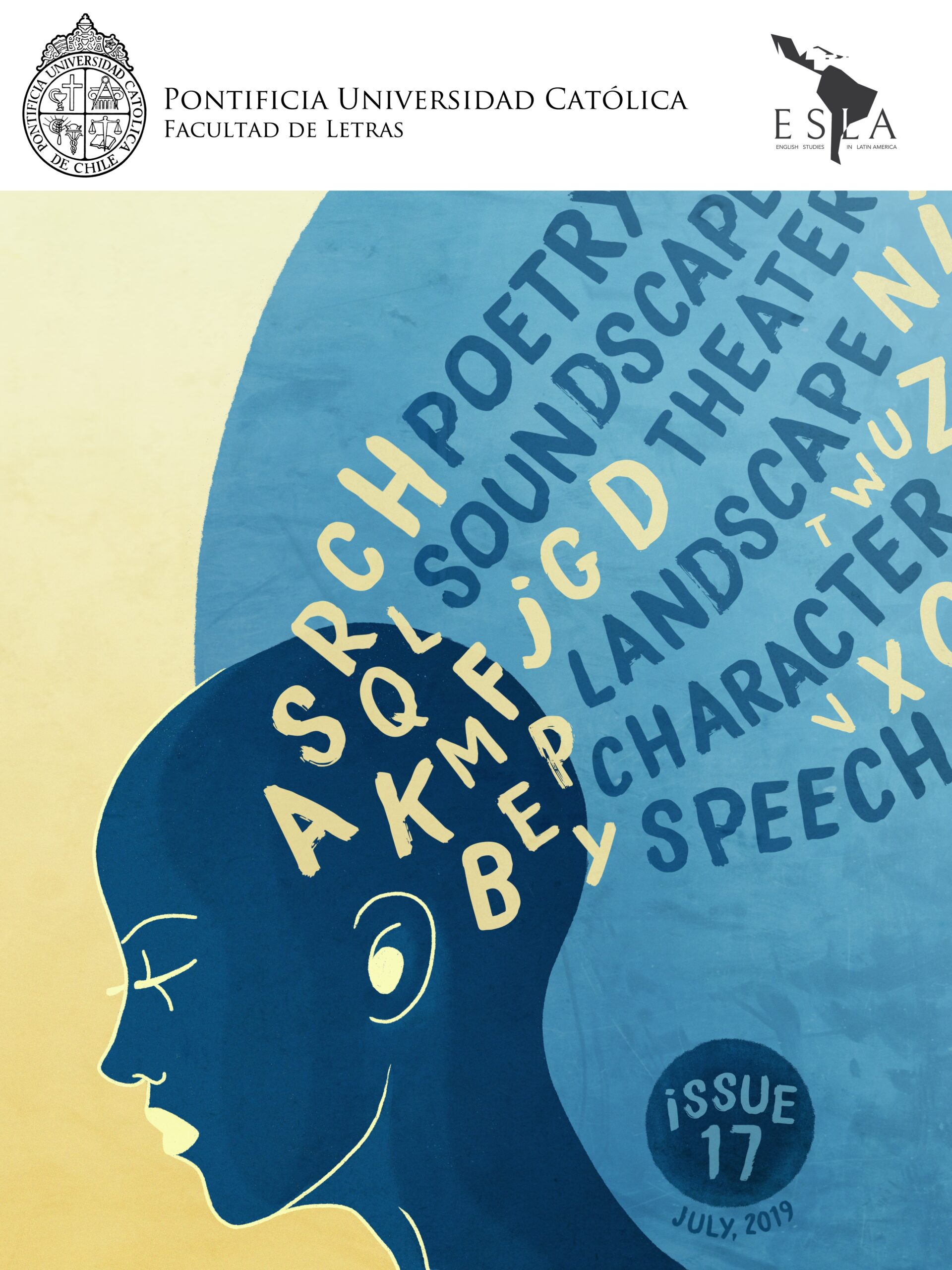Teaching Ecocriticism and the Global South
DOI:
https://doi.org/10.7764/ESLA.61151Keywords:
environmental humanities, sustainability, ecocriticism, environmental ethics, Latin America, Minimum MonumentAbstract
Modern environmental scholarship has been shaped largely by a rational approach to natural sciences, rooted in Cartesian principles. This universal and theory-centered criterion has often come into conflict with alternative world-views, generating tensions to the detriment of local communities. This article looks at ways in which the environmental humanities reconcile these tensions, while contributing to discussions about sustainability, enabling a transdisciplinary approach to environmental scholarship and stewardship. Ecocriticism, which had been traditionally understood as the dialectics of culture and nature, provides an analytical framework to look into the complex nature of environmental problems by drawing out the wisdom and insights of a wealth of creative works across diverse cultural landscapes. When this outlook is coupled with a Global South perspective, which sees environmental issues as fundamentally eco-social, it raises questions of justice and equity that make cultural and ethnic diversity inherent to discussions about environment and representation. This analysis draws from over 10 years of research on pedagogical approaches to sustainability and recent experiences from students in environmental humanities courses focused on Latin America. Teaching environmental humanities becomes an opportunity to view the concept of sustainability as a cultural project that engages with many of the enduring “big questions” of what it means to be human on this planet. As a result, environmental ethics becomes an entry point to discussions about some of the big questions of the present and the outlook for the future, and sees social and intellectual tensions about the environment as symptomatic of a broader crisis of modernity, a crisis of modern thought.
Downloads
Published
Issue
Section
License

This work is licensed under a Creative Commons Attribution-NonCommercial-NoDerivatives 4.0 International License.


